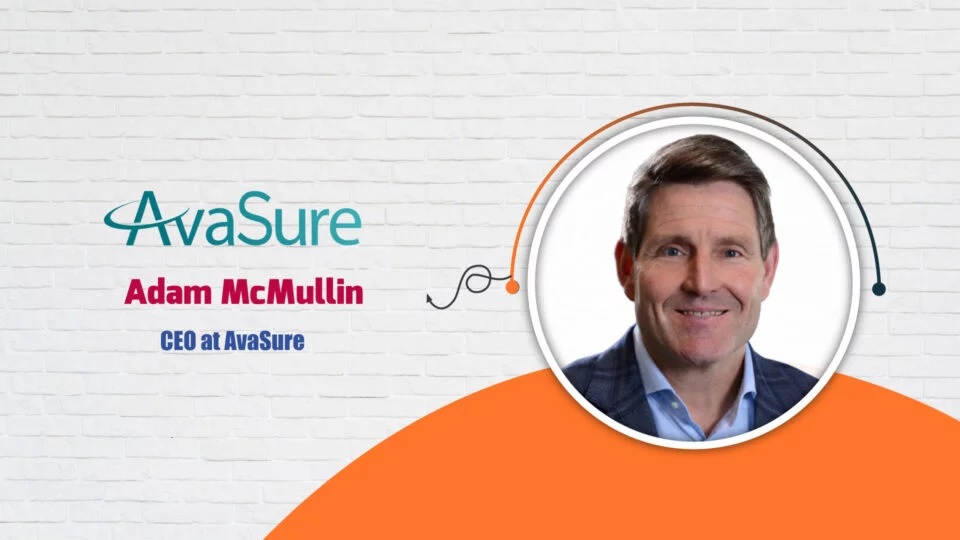Can you provide an overview of AvaSure’s current use of AI technology in your organization?
Absolutely. AvaSure’s TeleSitter® solution enables acute virtual care and remote safety monitoring. Our platform enables virtual team care by combining remote patient sitters, virtual nurses, and other providers in a single enterprise technology solution to enhance clinical care, improve safety, and boost productivity.
Recently we unveiled artificial intelligence (AI) capabilities to our virtual care platform. AI augmentation will enable health system partners to enhance efficiency and time-savings while also improving the quality of care they deliver. Our initial applications will enhance a virtual safety attendant’s capacity for reducing elopement – which is when a hospital patient leaves a facility without any caregiver’s knowledge – and preventing falls.
How do you ensure the ethical use of AI in your organization, particularly in terms of privacy and security of patient data?
To reiterate, we’re not recording any of the data. We’re just building models that don’t include patient-identifiable information. What’s important is that we have a large enough sample size for computer vision that the models perform on different demographics and we are able to fill in race, age groups, gender, and similar variables.
How do you see AI technology evolving in the healthcare industry in the next few years, and what role does AvaSure plan to play in this evolution?
Given the structural staffing shortages, the aging population, the need for the healthcare system to care for more patients more efficiently, there’s going to be an even bigger demand for healthcare. At the same time, we don’t have enough nurses and physicians. AI can play a key role in helping to leverage experts most effectively and where needed by automating tasks and augmenting the expertise of clinicians.
I think computer vision is going to be a very powerful tool in the clinical environment in terms of reducing harm and minimizing errors. Have you ever been in a hospital where you’ve had the nurse come into your room to take your blood pressure every four hours while you’re trying to sleep? Something like that can be automated so that it’s less disruptive to a patient.
In terms of AI adoption, what advice would you give to other healthcare organizations looking to incorporate AI into their operations?
I have several pieces of advice to offer: Use AI to augment people, not replace them. Keep a human in the loop so trust can be established. Most importantly, partner with a company that has deep experience gained from thousands of implementations and who is coming at it from a clinical expertise perspective, and not from an IT perspective. This means a partner that has its own clinical resources, understands your environment, can safely and effectively drive adoption and change management, and can ensure compliance. At AvaSure, 15% of our staff are experienced nurses.
To Know More, Read Full Interview @ https://ai-techpark.com/aitech-interview-with-adam-mcmullin/
Related Articles


